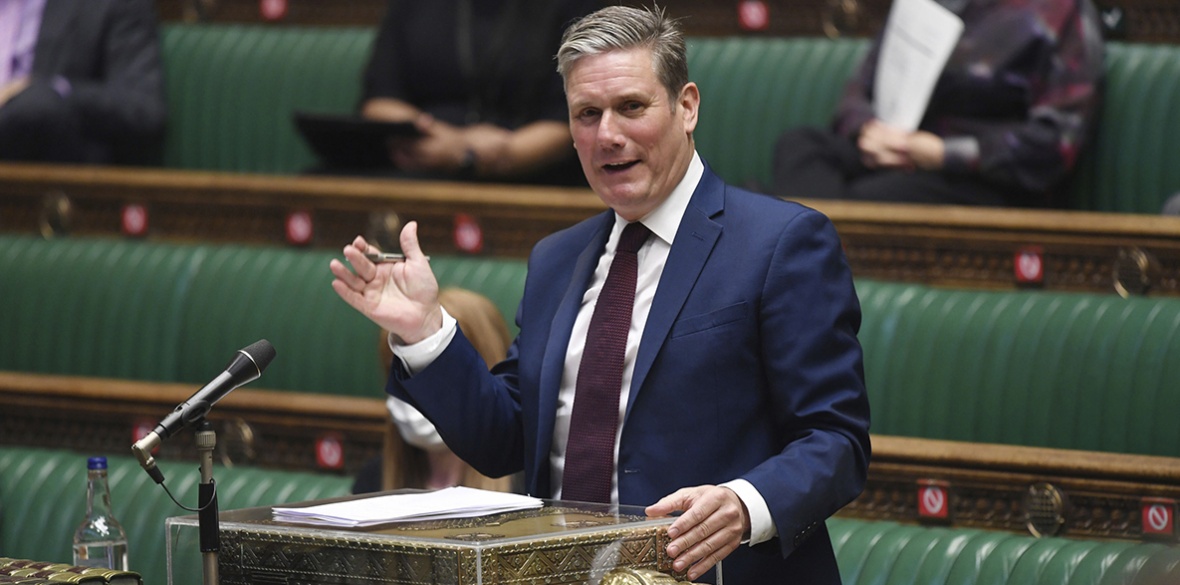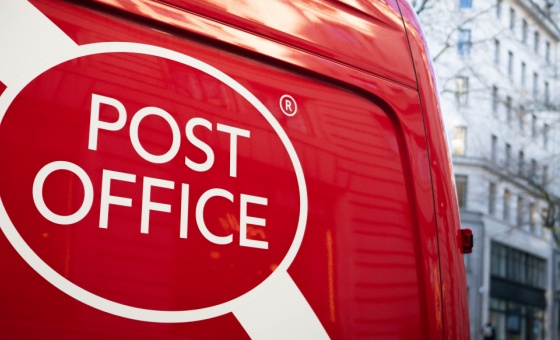KEIR STARMER’S launch of Stronger Together, as Labour is calling its new policy package, faces a number of hurdles.
North of the border the title’s echoes of the ill-starred Better Together campaign, in which Labour teamed up with the Tories in opposition to Scottish independence, is guaranteed to invite mockery.
More seriously, Stronger Together’s central pitch — that the Conservatives have divided the country, and Labour can bring it back together — is superficial.
Press-released themes don’t put much meat on the bones, a motherhood and apple pie selection of soundbites: “Safe and secure communities,” “a future where families come first” and, vaguest of all, “Britain in the world.”
Unity is a platform Starmer’s stood on before.
He won the Labour leadership as the unity candidate, promising to stand by the main policies of the Jeremy Corbyn leadership, which continued to be overwhelmingly popular: extensions of public ownership to “rail, mail, energy and water,” bans on zero-hours contracts, an end to illegal wars, higher taxes on the rich.
His campaign was not honest. In office he has done everything he can to marginalise and silence the left.
Administratively, he has shut down free debate within local parties, using suspensions and expulsions to force compliance. He has removed the whip from his predecessor and intervened to overrule local candidate selections and impose centrally appointed replacements.
Politically, he has either rejected or stopped mentioning his 10 pledges.
Labour has not drawn out the part played by privatisation and outsourcing in Britain’s disastrous experience of coronavirus. It has not contrasted our staggeringly high death toll to the better experience of countries less damaged by years of neoliberalism.
It has opposed corporation tax rises proposed by a Tory government — and adopted a hawkish, Atlanticist posture on foreign policy.
The Progressive Foreign Policy for New Times launched by shadow foreign secretary Lisa Nandy is a thinly disguised bid to resurrect the discredited policies of “humanitarian intervention” that caused such chaos and bloodshed in the Middle East over the last two decades. “Britain in the world” is almost certainly a euphemism for more of this nonsense.
Blairism’s high priest Peter Mandelson, on whom Starmer appears to rely heavily for advice, would argue that all this is part of bringing Labour back into tune with majority opinion. But the Labour right has proved to be on the wrong side of majority opinion again and again.
Starmer’s complicity in the British Establishment’s bid — ongoing throughout the monopoly media — to present Corbynism as a bizarre aberration, with no roots in any wider social or political shift, will hobble his unity pitch.
The arrogant Westminster assumption that a movement of hundreds of thousands, that won Labour its biggest vote share increase in 70 years, had nothing relevant to say, lies in the political elite’s inability to grasp why people have turned against the status quo in such numbers.
The same superficiality underlies the claim that the Tories have divided the country. This is true: but it is a liberal fantasy that all was well before the Conservatives split Britain down the middle over Brexit and provoked its smaller constituent nations into flirting with secession.
Scottish nationalism was clearly an increasing force under the last Labour government; and for all Starmer claims belatedly to have accepted the result of the Brexit vote, he has shown no understanding of its motivation, an explicit rejection of the globalising capitalist order that has brought deindustrialisation, rising poverty and inequality.
Labour’s “all in it together” pitch is the wrong one. It can only hope to take on a Tory Party expert at divide and rule by pointing to the real enemies of the mass of the population: the 1 per cent whose grotesque wealth and power is what stands in the way of our resolving the jobs crisis, the housing crisis, the climate crisis, or building an economy that places need before profit.











